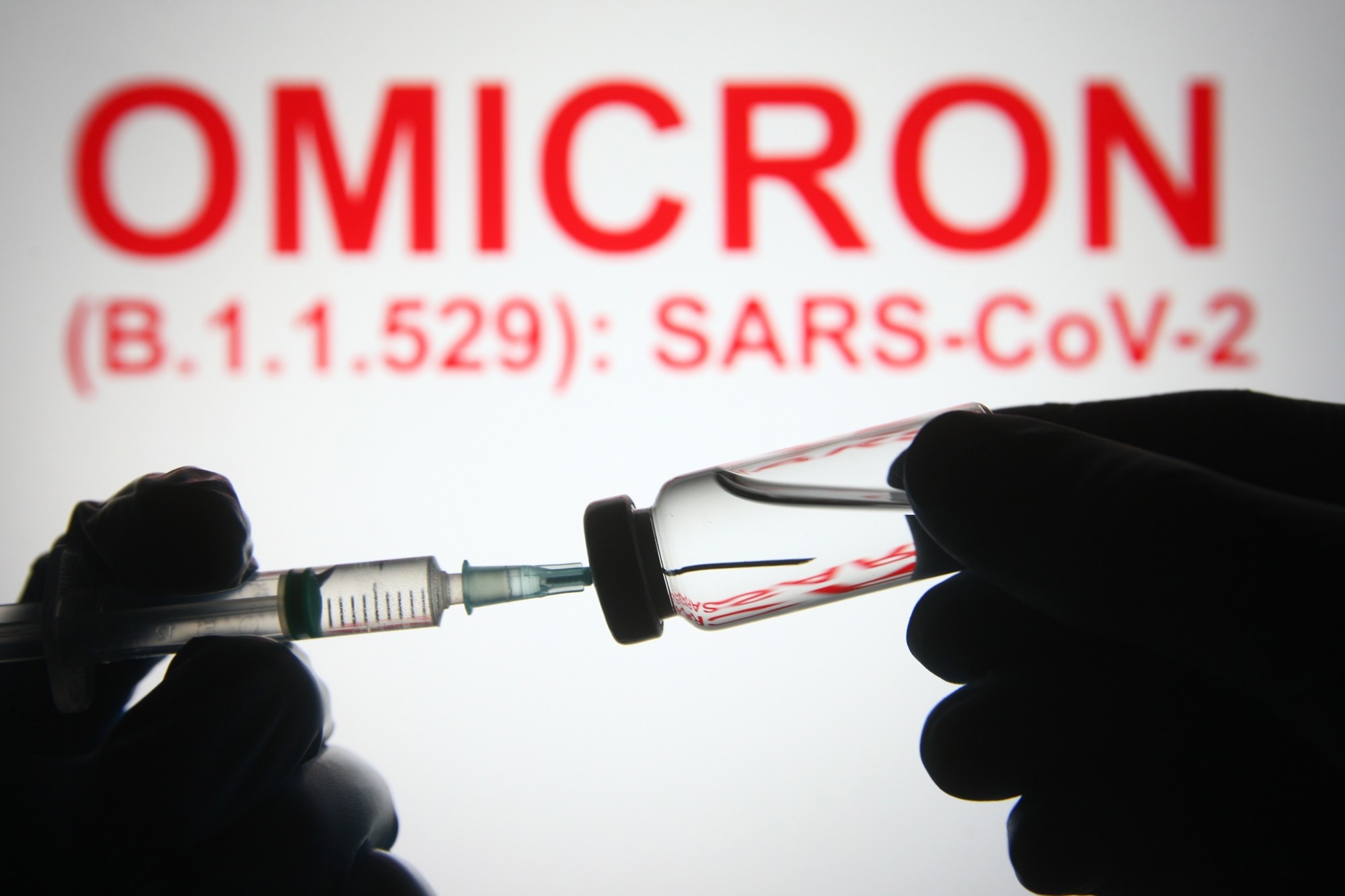A study conducted by US-based scientists claims that bivalent mRNA booster vaccines do not have any added benefits over monovalent booster vaccines in terms of inducing robust and durable neutralizing antibody response against omicron subvariants of severe acute respiratory syndrome coronavirus 2 (SARS-CoV-2).
The study is currently available on the bioRxiv* preprint server.
 Study: SARS-CoV-2 Neutralizing Antibodies After Bivalent vs. Monovalent Booster. Image Credit: viewimage / Shutterstock
Study: SARS-CoV-2 Neutralizing Antibodies After Bivalent vs. Monovalent Booster. Image Credit: viewimage / Shutterstock

 This news article was a review of a preliminary scientific report that had not undergone peer-review at the time of publication. Since its initial publication, the scientific report has now been peer reviewed and accepted for publication in a Scientific Journal. Links to the preliminary and peer-reviewed reports are available in the Sources section at the bottom of this article. View Sources
This news article was a review of a preliminary scientific report that had not undergone peer-review at the time of publication. Since its initial publication, the scientific report has now been peer reviewed and accepted for publication in a Scientific Journal. Links to the preliminary and peer-reviewed reports are available in the Sources section at the bottom of this article. View Sources
Background
SARS-CoV-2, the causative pathogen of coronavirus disease 2019 (COVID-19), has caused severe damage to the healthcare systems, with over 756 million infections and 6.8 million deaths registered worldwide.
Among various variants of concern (VOCs) of SARS-CoV-2, the most recently emerged omicron variant exhibits high efficacy in escaping anti-SARS-CoV-2 immunity developed by COVID-19 vaccines or natural infection. As a result, Omicron subvariant BA.5 is one of the most infectious strains that has caused a sharp global rise in breakthrough infections in 2022.
To increase vaccine efficacy, bivalent mRNA vaccines expressing both the omicron BA.5 spike and the ancestral D614G spike were introduced in August 2022. These vaccines are expected to have higher efficacy than monovalent mRNA vaccines in terms of neutralizing emerging variants of SARS-CoV-2.
In the current study, scientists have assessed serum levels of anti-SARS-CoV-2 neutralizing antibodies induced by monovalent or bivalent booster vaccination or omicron BA.5 breakthrough infection.
Study design
The study was conducted on 41 participants who received three monovalent mRNA vaccines, followed by a booster dose of monovalent or bivalent vaccines, or omicron BA.5 breakthrough infection. These three groups were separately analyzed for antibody response.
The serum samples were collected from the participants at one month and three months post-booster vaccination or post-BA.5 breakthrough infection. A pseudovirus neutralization assay was performed to determine neutralizing antibody levels against the ancestral D614G strain and omicron subvariants BA.2, BA.5, BQ.1.1, and XBB.1.5.
Important observations
The analysis of virus neutralizing response revealed that all three groups have the highest titers against the ancestral D614G strain and significantly lower titers against tested omicron subvariants.
The comparison of the two vaccine groups revealed no significant difference in neutralizing antibody titers at both time points. However, the bivalent booster vaccination group showed 1.4 to 1.6 times higher titers than the monovalent booster vaccination group at three months post-booster vaccination.
Compared to the participants of both vaccine groups, the participants with omicron BA.5 breakthrough infection showed significantly higher neutralizing titers against omicron subvariants at three months post-infection.
In both vaccine groups, about a 2-fold reduction in neutralizing titers was observed between the one-month and three-month time points. In contrast, no evidence of waning immunity was observed in the breakthrough infection group.
Study significance
The study findings indicate that monovalent and bivalent mRNA booster vaccination have equivalent efficacy in inducing neutralizing antibody titers against emerging variants of SARS-CoV-2.
This suboptimal response of bivalent vaccines might be due to immunological imprinting induced by the ancestral D614G strain that can potentially affect the development of immunity against novel variants. Immunological imprinting is a phenomenon wherein the immune system prefers to recall preexisting immunity rather than stimulating de novo responses against newly encountered antigens.
Compared to monovalent or bivalent booster vaccination, omicron BA.5 breakthrough infection has higher potency in inducing robust and durable neutralizing response against most infectious omicron subvariants BA.2, BA.5, BQ.1.1, and XBB.1.5.
The scientists hope that a second booster dose of bivalent vaccines might be useful in inducing robust neutralizing antibody response against emerging SARS-CoV-2 variants.

 This news article was a review of a preliminary scientific report that had not undergone peer-review at the time of publication. Since its initial publication, the scientific report has now been peer reviewed and accepted for publication in a Scientific Journal. Links to the preliminary and peer-reviewed reports are available in the Sources section at the bottom of this article. View Sources
This news article was a review of a preliminary scientific report that had not undergone peer-review at the time of publication. Since its initial publication, the scientific report has now been peer reviewed and accepted for publication in a Scientific Journal. Links to the preliminary and peer-reviewed reports are available in the Sources section at the bottom of this article. View Sources